Germany Solenoid Valve Market: Trends, Growth Drivers, and Future Outlook
The solenoid valve market in Germany is experiencing a significant transformation, driven by technological advancements, growing industrial automation, and increasing demand for efficient fluid control systems.
As a critical component in a wide range of applications — including manufacturing, oil and gas, water treatment, automotive, and HVAC systems — solenoid valves have become essential in ensuring precision, reliability, and safety across industrial processes. This article explores the current landscape of the Germany solenoid valve market, its key drivers, challenges, and the future outlook.
Overview of the Solenoid Valve Market in Germany
A solenoid valve is an electromechanically operated valve used for controlling the flow of liquids or gases. These valves are widely used in various sectors for tasks such as controlling the direction of flow, mixing, dosing, and fluid shutoff. In Germany, which has a highly developed industrial base, the solenoid valve market has seen substantial demand due to the country’s emphasis on innovation, engineering excellence, and sustainable manufacturing practices.
Germany's reputation as Europe’s industrial powerhouse makes it a significant contributor to the region's solenoid valve consumption. The presence of leading automotive manufacturers, chemical processing units, food and beverage industries, and pharmaceutical firms has further fueled the adoption of solenoid valves.
Key Market Drivers
1. Industrial Automation and Industry 4.0
Germany is at the forefront of industrial automation, thanks to its proactive adoption of Industry 4.0 technologies. Solenoid valves play a pivotal role in automated systems, where precision and rapid response are critical. The increasing integration of sensors, PLCs (Programmable Logic Controllers), and intelligent systems in manufacturing setups requires advanced valve solutions to enable remote control and real-time diagnostics. As German industries modernize further, the demand for smart solenoid valves is expected to surge.
2. Expanding Automotive Sector
Germany is home to some of the world’s most prominent automotive brands such as BMW, Mercedes-Benz, Audi, and Volkswagen. Solenoid valves are vital in automotive systems, including engine management, fuel injection, and transmission systems. With the transition toward electric and hybrid vehicles, new applications for solenoid valves are emerging, such as battery cooling systems and climate control units, creating new growth avenues.
3. Growth in Water and Wastewater Management
With growing concerns over environmental sustainability and resource conservation, the German government and private sectors have increased investments in water treatment infrastructure. Solenoid valves are essential in systems that control water flow and pressure in filtration, desalination, and waste management processes. Strict regulations from the European Union concerning wastewater discharge and water quality have further bolstered the market.
4. Rising Demand in the Healthcare and Pharmaceutical Sector
Germany has a robust healthcare and pharmaceutical industry. Solenoid valves are widely used in medical equipment like ventilators, dialysis machines, and automated drug dispensers. In pharmaceutical manufacturing, precise dosing and contamination-free handling of liquids are essential — roles perfectly suited to solenoid valve systems. The COVID-19 pandemic highlighted the importance of reliable medical devices, resulting in a heightened focus on innovation and production efficiency in this sector.
Market Segmentation
The German solenoid valve market can be segmented based on:
1. Type:
- Direct-acting
- Pilot-operated
- Two-way, Three-way, and Four-way valves
2. Material:
- Stainless Steel
- Brass
- Plastic
- Aluminum
3. End-User Industry:
- Automotive
- Oil and Gas
- Water and Wastewater
- Food and Beverage
- Pharmaceuticals
- Chemicals
- HVAC
Each segment has unique requirements. For instance, stainless steel valves are favored in corrosive environments like chemical processing, while plastic valves find application in cost-sensitive and less demanding scenarios.
Key Players in the German Market
The Germany solenoid valve market features a mix of domestic and international manufacturers, including:
- Bürkert Fluid Control Systems: Headquartered in Germany, Bürkert is a leading name in solenoid valve technology, known for innovation and high-quality engineering.
- Festo: Another German giant, Festo supplies solenoid valves primarily for factory automation and process control.
- Bosch Rexroth: A global leader in drive and control technologies, offering various types of solenoid valves for industrial applications.
- ASCO (Emerson): An American firm with a strong presence in Germany, known for reliable and diverse valve solutions.
These companies focus on R&D and product innovation to stay competitive and meet evolving customer demands for digital integration, compact design, and energy efficiency.
Challenges Facing the Market
Despite the strong growth prospects, the solenoid valve market in Germany faces certain challenges:
1. High Cost of Advanced Technologies:
Smart solenoid valves with integrated sensors and IoT capabilities come at a premium price, which can deter small- and medium-sized enterprises from early adoption.
2. Supply Chain Disruptions:
Global semiconductor shortages and rising raw material prices can impact the timely availability of solenoid valves, affecting production timelines across industries.
3. Competition from Alternative Technologies:
In some low-pressure or specialized applications, solenoid valves may be replaced by newer actuation technologies, such as piezoelectric valves or proportional valves, which offer even more precise control.
Future Outlook and Opportunities
The outlook for the German solenoid valve market remains optimistic. Some of the key trends and opportunities likely to shape the market include:
1. Rise of Smart Manufacturing:
The increased deployment of smart valves equipped with diagnostics, communication protocols, and automated control will be instrumental in predictive maintenance and energy optimization.
2. Green Energy and Environmental Compliance:
As Germany continues its shift toward renewable energy and carbon neutrality, industries such as wind, solar, and hydrogen will require reliable valve solutions for fluid and gas control.
More Related Reports:

